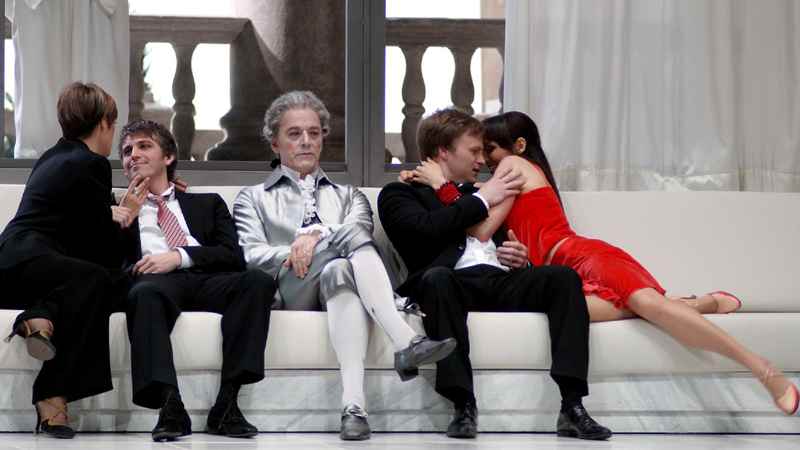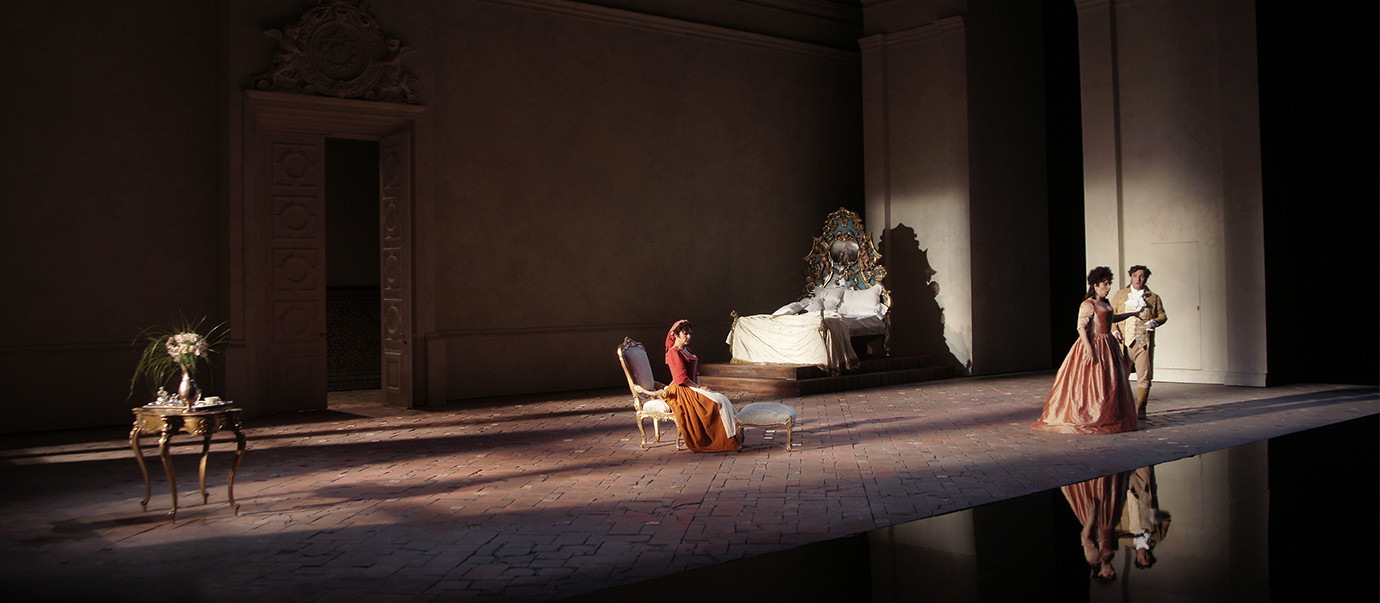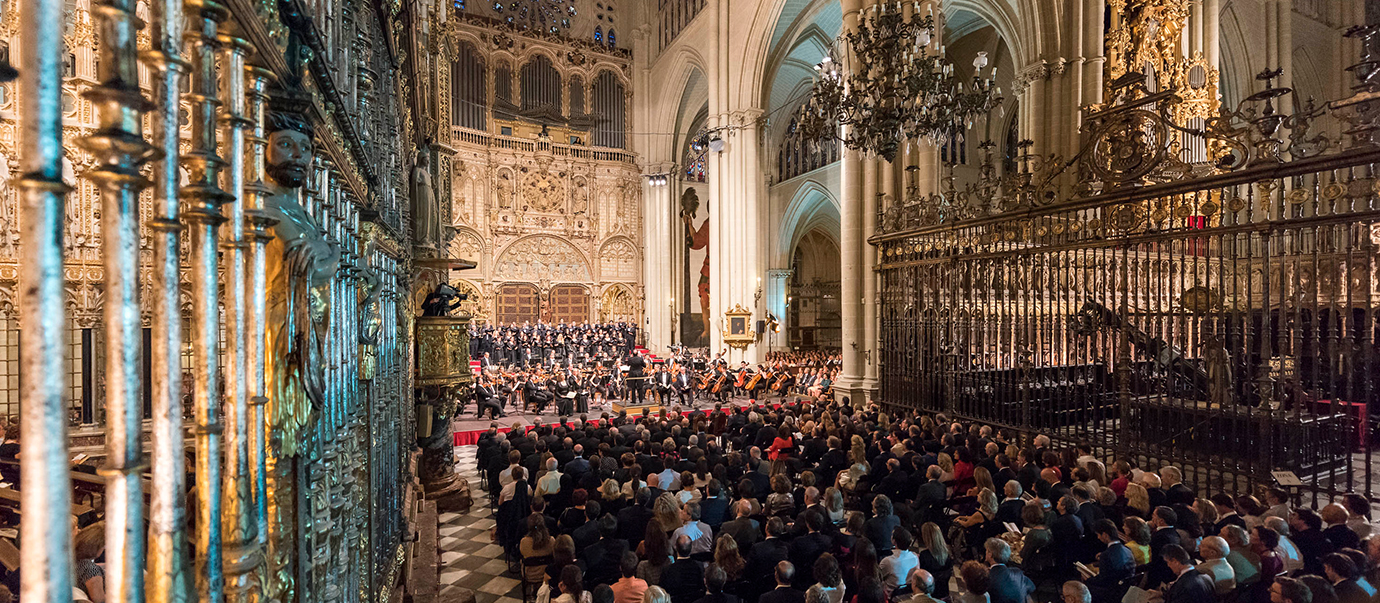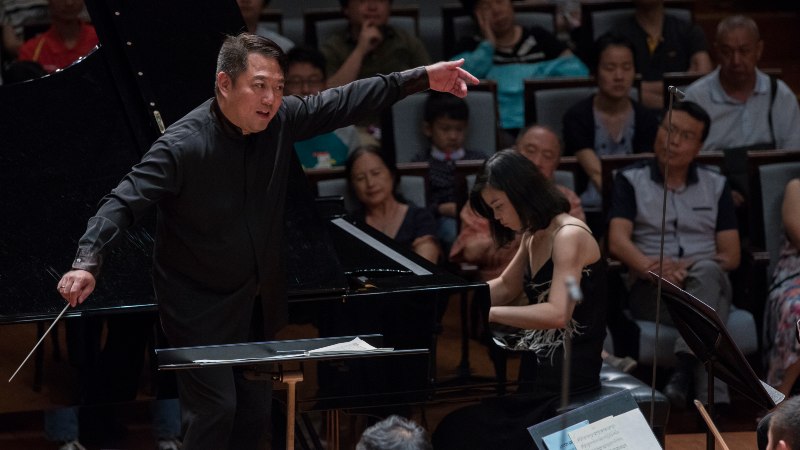Mozart had just turned 16 in March 1771 when he was commissioned to write Lucio Silla. A year and a half later he had written all the recitatives and had travelled to Milan, where he would work on the music for the arias and begin rehearsals. His third opera was first performed at the Teatro Regio Ducal in December 1772, with a cast including some of the best voices of the moment. It was just as well: the notoriously difficult score can only be tackled by singers with a solid command of vocal technique.
The libretto, which just two years later would be used by Johann Christian Bach for his own opera, follows the typical format of 18th century European opera seria, and proposes magnanimity as the moral value which is central to the plot. Silla, the dictator of Rome, based on the historic figure Sulla, plans to use his political power to win the woman he loves, Giunia, the daughter of his enemy. However, she loves Cecilio, a senator exiled for political reasons. Silla’s initial intention gradually falls away and is replaced by compassion, leading him to make way for love, and even to give up power. The opera shows us that virtuous decisions are always the right ones.
*Title available only in non-EU countries, with the exception of Spain
Dramma per musica in three acts
Music by Wolfgang Amadeus Mozart (1756-1791)
Libretto by Giovanni de Gamerra
Premiered at the Teatro Regio Ducal of Milan on December 26, 1772
Premiere at the Teatro Real
New production of the Teatro Real, coming from Gran Teatre del Liceu in Barcelona, originally created by the Theater an der Wien and the Wiener Festwochen
Principal Chorus and Orchestra of the Teatro Real
Artistic team
Conductor | Ivor Bolton
Stage director | Claus Guth
Revival responsible | Tine Buyse
Set and costume designer | Christian Schmidt
Lighting designer | Manfred Voss
Playwright | Ronny Dietrich
Chorus master | Andrés Máspero
Cast
Lucio Silla | Kurt Streit
Giunia | Patricia Petibon
Cecilio | Silvia Tro Santafé
Lucio Cinna | Inga Kalna
Celia | María José Moreno
Aufidio | Kenneth Tarver







